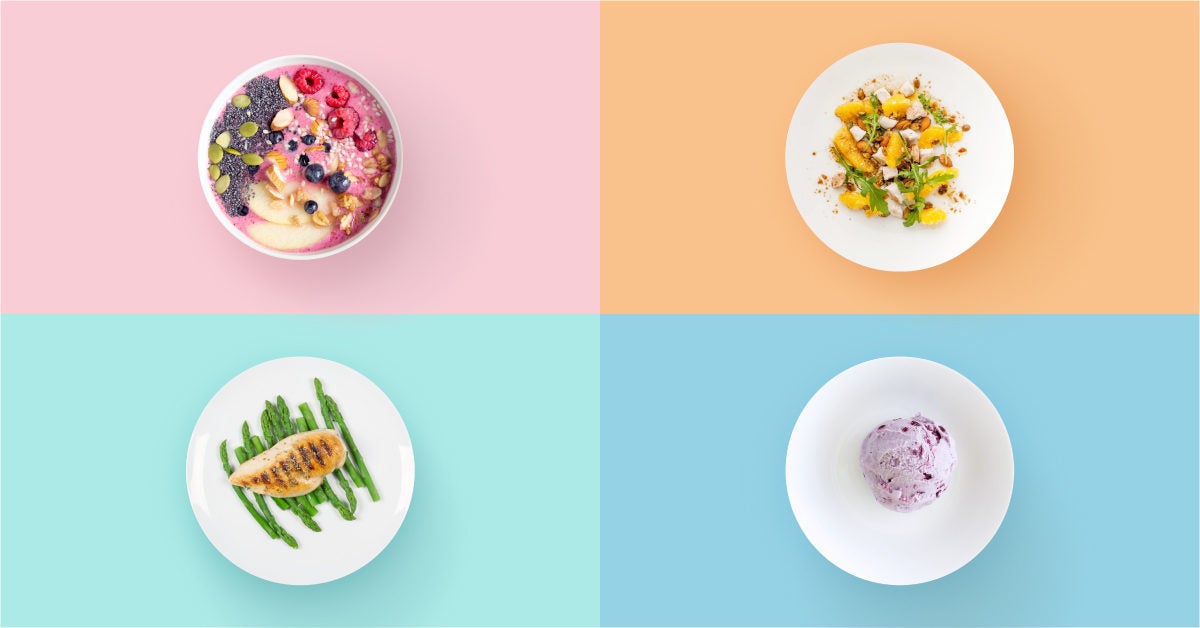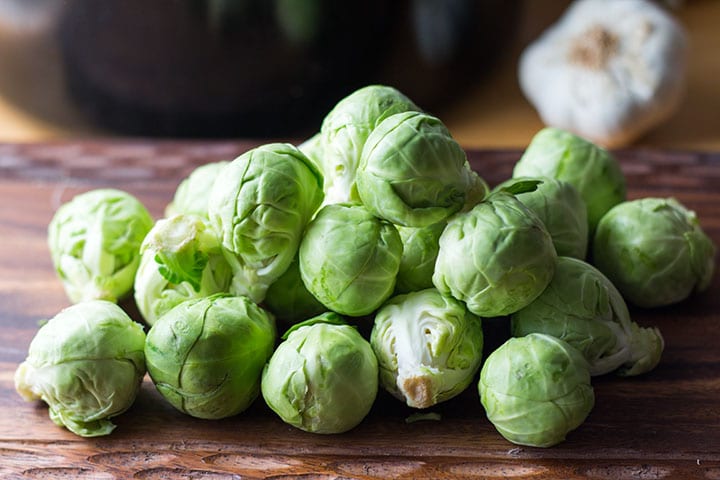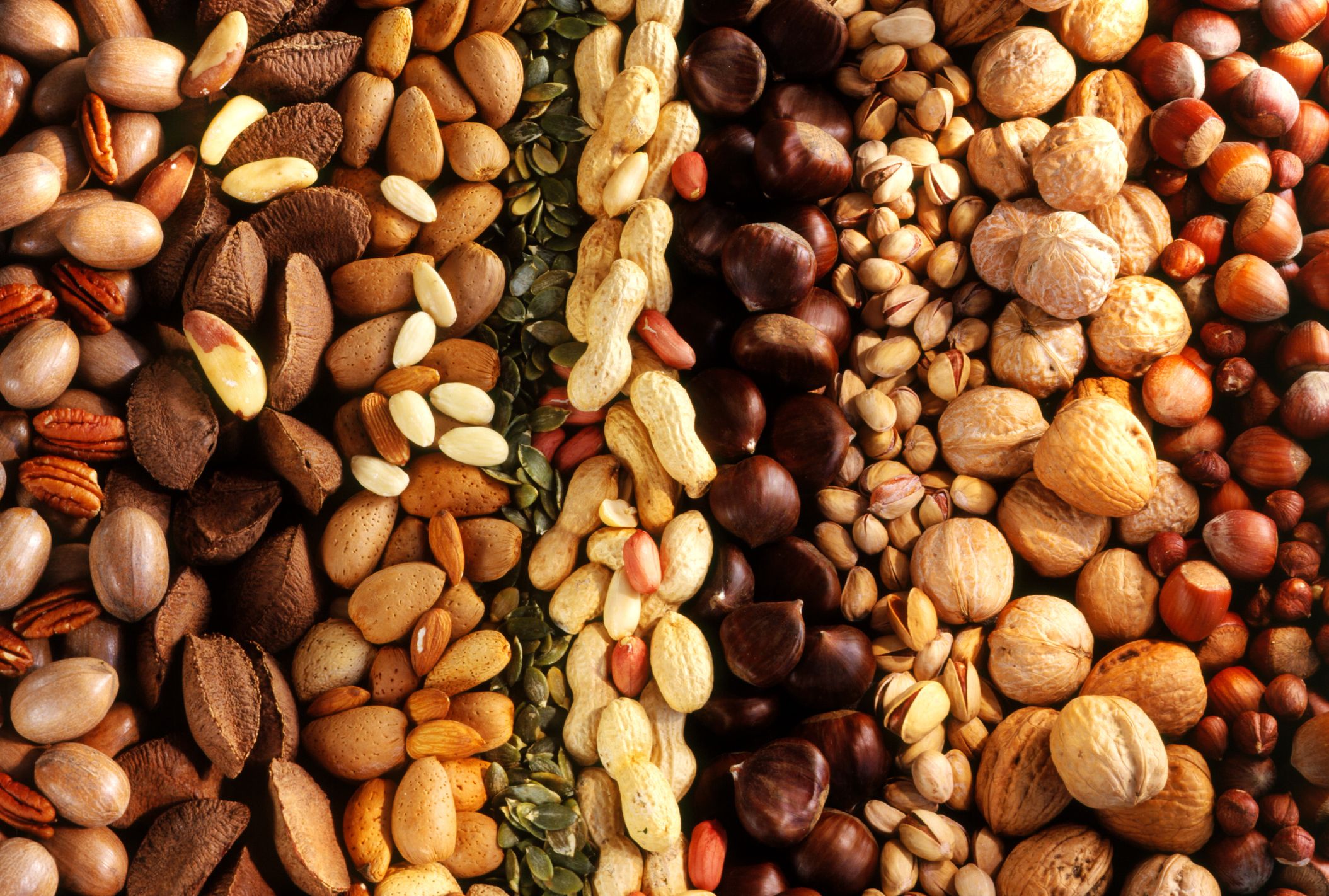
Nutrition is everything. As much as we love to eat those cheesy fries, you need foods for the sustainability of your body. Eating healthy is important to nourish the body. You do not need to go on preparing fancy food to be healthy. But it is just adding a few nutrient-rich foods to do the trick. A study from the Harvard medical school revealed the 5 foods that you must consume every day for a healthy body.
Salmon

This oily pink fish is rich in protein as well as in omega-3 unsaturated fats, which are a group of polyunsaturated fatty acids that play various parts in the body and advantage both your heart and your brain. Salmon likewise gives you bone-building nutrients. In any case, eating salmon consistently every day would be a stretch for a great many people. So then, eat it once every week at least to receive the healthy advantages. The U.S. Department of Agriculture suggests that grown-ups should eat at any rate eight ounces of fish, including salmon or different fish, every week. One salmon steak normally tips the scales at between four or six ounces.
Brussel Sprouts

These crunchy little green balls, which appear as little cabbages have a lot of nutrients and also are low in calories — just 28 calories in half a cup. They offer up a balanced gathering of vitamins (including vitamin A, vitamin C, vitamin K, and folate) and potassium. Like other cruciferous vegetables, Brussels sprouts highlight bioactive compounds, like antioxidants, which are chemicals that help forestall cell harm inside your body. These cute brussels sprouts might be an uncertain pick taste-wise as some people discover them bitter. You can substitute other green vegetables for Brussels fledglings to get the same nutrients. In any case, keep a positive outlook. You can lessen the bitterness of Brussels sprouts by roasting them with a spritz of olive oil. Add some slashed nuts to the top for some added crunch and flavor.
Blueberries

Very berry, blueberry. The little blueberries are high in antioxidants, especially vitamin C. Tipping the scales at 56 calories for 100 grams, blueberries additionally offer up a decent portion of vitamin A and fiber. While most supermarkets will stock blueberries all year, you can also go ahead and buy other dark-colored fruits — like pomegranates or cherries — if blueberries aren’t in season. Swirl up some frozen blueberries (which taste incredible any season) with plain yogurt to make a smoothie.
Nuts

No buts when it comes to NUTS. Crunchy and fulfilling, nuts are super filling and also supply an infusion of healthy oils, protein, and vitamin E. Pick any kind of nuts: almonds, pecans, even peanuts, or get a modest bunch of mixed nuts. Ensure they’re unsalted. Salted nuts could increase your daily sodium consumption to an undesirable level. U.S. dietary guidelines suggest under 2,300 milligrams of sodium every day, and surprisingly less if you have high blood pressure. Likewise remember that nuts are a high-calorie snack. It depends upon the sort of nut you pick. An ounce can bring in at 200 calories or more — so limit day by day intake to a sprinkling to get the advantages without pressing on any additional pounds.
Plain Yogurt

Last but not the least, plain yogurt. This rich creamy treat gives you a portion of probiotics, which are healthy bacteria that help keep your gut working appropriately and also kick in for better wellbeing. Yogurt is a nutrient-rich food that powers your body with protein, calcium, magnesium, vitamin B12, and some key fatty acids that your body needs to remain solid. Furthermore, if you pick a high-protein yogurt, it can keep you feeling full, which may help you trim your waistline. While you may lean toward flavored yogurts, and also there are numerous choices nowadays, it’s smarter to stay with plain. Some flavored yogurts add sugar which may not benefit you. Add blueberries and nuts to your plain yogurt for a delicacy.





